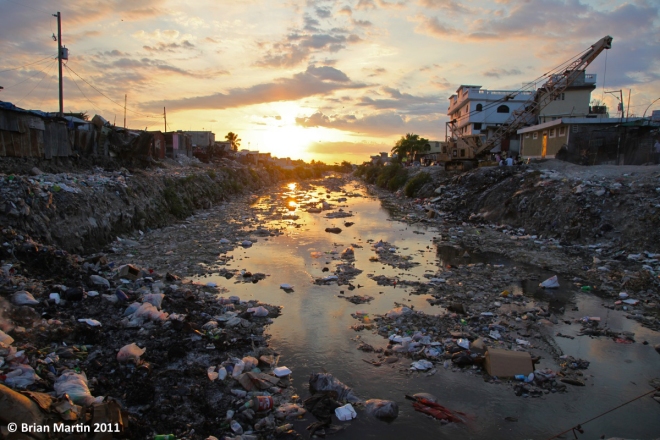by Valentina de Rooy
Valentina de Rooy is a Nicaraguan psychologist with experience in qualitative research about social phenomena. Her passion is working with rural communities on a diversity of issues for the community development in Nicaragua, her country of origin. Valentina became familiar with Trees, Water & People’s work through Lucas Wolf, TWP’s former International Director, whose dedication to the people and the environment inspired to engage in TWP’s mission.
I recently had the opportunity to travel with Trees, Water & People’s nonprofit partner in Nicaragua, PROLEÑA, for a clean cookstove health study. The Aprovecho Research Center and PROLEÑA joined forces to carry out a study to measure the difference in pollution from smoke emissions in households cooking with wood in traditional stoves and improved stoves around Jinotega, Nicaragua. My role was to serve as interpreter and research assistant to Sam Bentson, the lab manager for Aprovecho.

For a month and a half, we stayed in Jinotega, a city located in northern Nicaragua in the dry corridor of Central America. Sam, some technicians of the NGO La Cuculmeca, and I visited more than 120 homes in six rural communities in the outskirts of the city of Jinotega. The participants in our study received us with great hospitality, stories, and gifts of crops they grew themselves. The children of the communities satiated their curiosity by following us to each of the households; some of them were even essential to the study by showing us the route to their neighbors’ homes.

We met so many amazing people during our stay. We met Don Aparicio, who has dedicated his life to the development of projects in his community of Saraguasca. While we were walking along the hill one day, Don Aparicio sang to us some verses composed by “Los Soñadores de Saraguasca,” a group of which he is a member and dedicates his songs to nature, its protection and conservation:
Let’s take care of the animals,
that enliven our environment,
like those found in the forest
over there at Agua Caliente.
For destroying our woodlands,
they had to be absent,
but if we reforest,
they will return.
In the last stage of the study, we met Doña Cata from the community of Las Lomas. Doña Cata and her husband Mario are pioneers in their community when it comes to crop diversification for their own consumption and they play a key role in hosting community meetings for the people engaged in agricultural projects.

Doña Cata introduced us to Idania, a young entrepreneur who runs her own cake-making business by modifying her PROLEÑA clean cookstove with two large pots in a small oven for baking cakes. Like most beneficiaries of improved stoves, Idania enthusiastically commented on her positive experience with smoke reduction and fuel saving. Now, the stakeholders are looking forward to the results of the study, hoping to know about their health condition in order to suggest changes for the future of their communities.
An update from TWP’s International Director, Gemara Gifford:
We are pleased to announce that each participant in this study who cooks with an open-fire cookstove will be receiving a brand new clean cookstove as a reward for participating in this study. For the first time, these families will be able to breathe easier and save time and money on fuelwood. Keep an eye out for how you can sponsor a family to make this a reality! If you would like to help fund the construction of these families’ clean cookstoves, please donate today!













